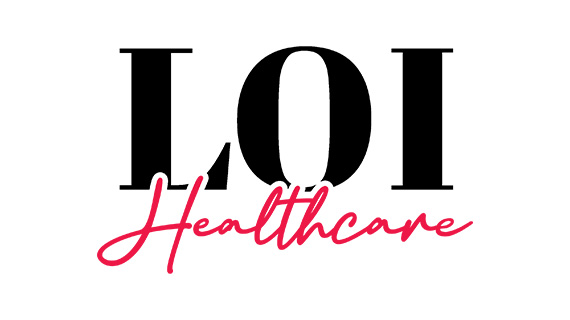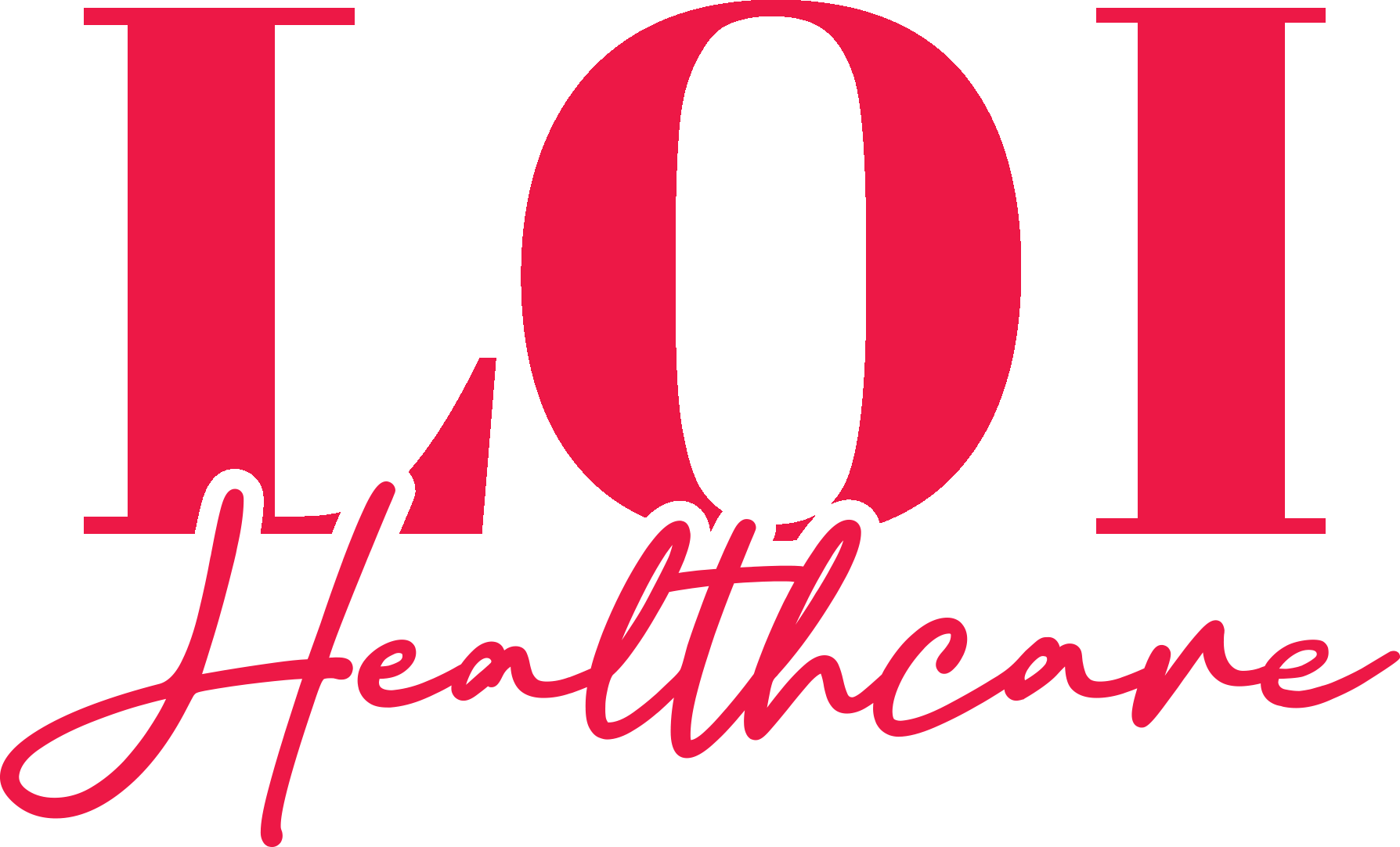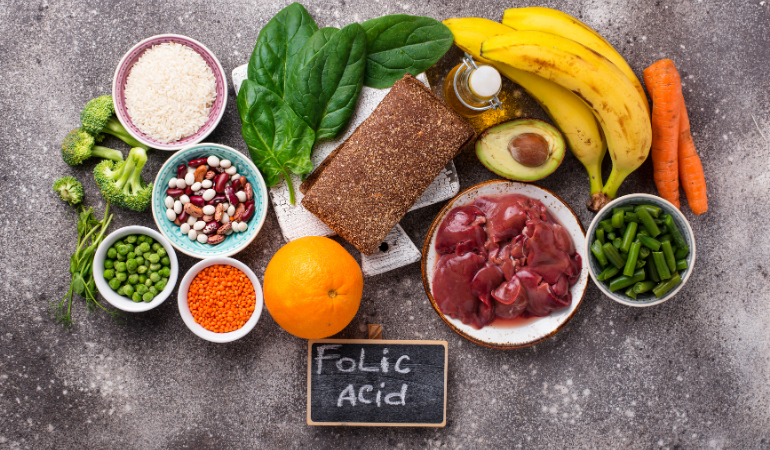Folic Acid
What is folic acid?
Folic acid is a water-soluble vitamin that has many important functions in the body and is a synthetic form of folate. It is found naturally in many foods or in various supplement products. It is an extremely important vitamin to consume adequate amounts during periods of rapid growth such as pregnancy, infancy, and adolescence, as it plays a role in important functions in cell division.
What does folic acid do?
Folic acid plays a role in many different functions of the body. Folic acid, which is involved in the synthesis of nitrogenous organic bases for the copying of DNA and RNA during cell division and the production of various cells, plays a key role especially, in the maturation of red blood cells.
Folic acid deficiency can lead to the development of an anemia condition known as “macrocytic megaloblastic anemia” in both adults and children. Humans and other animals do not have the ability to synthesize folic acid. They can get the folic acid their bodies need through foods and supplements.
What are the benefits of folic acid?
The benefits of folic acid, the human-produced form of folate, can be listed as follows:
It reduces the risk of premature birth or congenital anomalies. It is important to get enough folic acid during pregnancy to protect against miscarriage and neural tube defects.
It may reduce the risk of depression. Studies have shown that low folate levels may be associated with an increased risk of depression and poor response to antidepressant treatment.
It helps protect heart health. Folic acid supplements have been shown to contribute to lowering homocysteine levels, which are associated with various heart conditions.
Because high homocysteine levels are associated with an increased risk of cardiovascular disease, some researchers think that folic acid and B12 reduce the risk of cardiovascular disease.
One of the situations where the benefits of folic acid are most benefited from is the prevention of neural tube defects such as spina bifida (separated spinal cord) and anencephaly (brain failure), which concern the neuroanatomical development of the baby, in women who want to become pregnant or are already in the pregnancy period. Since some people may not be aware of their unplanned pregnancy, it is recommended that women of reproductive age and who want to become pregnant take folic acid supplements.
Since it may sometimes take 5-6 months to reach the desired folate level in planned pregnancies, it is important to raise awareness of expectant mothers and fathers on this issue. Folic acid use has also been associated with a reduced risk of premature birth.
What are the causes of folic acid deficiency?
Folic acid is a water-soluble vitamin B derivative. Dissolving in water means that it cannot be stored in the body’s fatty tissues. Excess folic acid that is not used in the body is excreted through urine.
Therefore, a diet low in folic acid results in decreased blood levels after just a few weeks. There are many different conditions that can result in folic acid deficiency:
- Digestive system diseases such as celiac and short bowel syndrome, which negatively affect the absorption of folic acid in the digestive system,
- In conditions such as achlorhydria or hypochlorhydria, which express the insufficiency or absence of stomach acid,
- Chronic alcoholism (the amount of folate excreted in urine increases),
- Eating an unhealthy diet that does not contain enough fresh fruits and vegetables
- Need for regular dialysis,
- Pregnancy.
Bonus Information*
Why is folic acid important during pregnancy?
The need for folic acid increases during pregnancy and breastfeeding. During these periods, it becomes a little more difficult to meet the need through food. For this reason, it is recommended to take folic acid supplements to prevent a possible deficiency. Adequate folic acid intake supports rapid growth and prevents the development of neural tube defects in the fetus. It is recommended that every pregnant woman take 400 micrograms (mcg) of folic acid per day in addition to dietary folate.
Folic acid support; It can be given orally in tablet or capsule form, or as subcutaneous or intramuscular injections. However, it is generally preferred to be taken orally.
Folic acid supplement products often include;
- Anemia due to folate deficiency,
- Assisting with dietary needs before, during, and after pregnancy
- It is given to the expectant father as a supplement before pregnancy.


